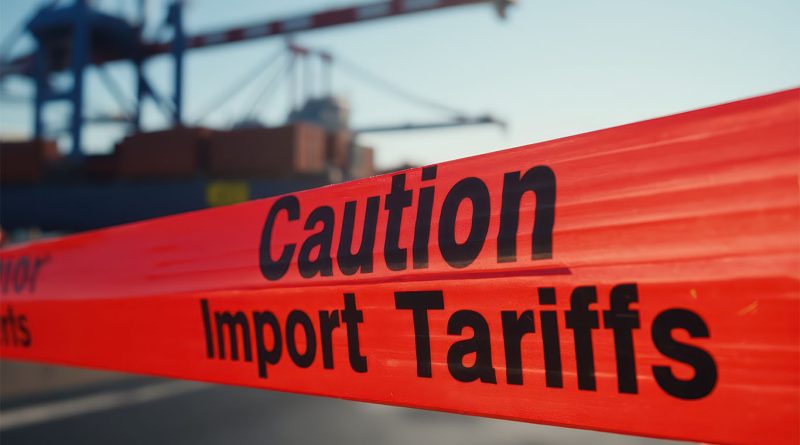Trump Directs Section 232 to Probe Critical Mineral Imports
Subscribe to our free newsletter today to keep up to date with the latest supply chain news.
President Donald Trump has revived Section 232 of the Trade Expansion Act to launch an investigation into whether US dependence on imported critical minerals poses a threat to national security. Announced on April 15, 2025, the directive tasks the Commerce Department with reviewing the scope and consequences of importing minerals essential to defense, manufacturing, and high-tech industries. The review, which must be completed within 180 days, may lead to the introduction of tariffs or incentives to stimulate domestic production and reduce reliance on foreign suppliers.
Critical minerals serve as the foundation for sectors including aerospace, automotive, renewable energy, and advanced electronics. Trump’s decision marks a renewed effort to reshore vital parts of the US industrial base and echoes previous Section 232 probes that targeted imports of steel, aluminum, and automotive components.
Strategic sectors and national security hinge on critical mineral access
From missile guidance systems to electric vehicle batteries, critical minerals are embedded in nearly every modern defense and technological application. The US economy and military infrastructure rely heavily on minerals such as lithium, rare earth elements, cobalt, and nickel. However, sourcing and processing of these materials are largely concentrated in a handful of foreign nations. This creates potential chokepoints in global supply chains and raises strategic risk for the US, particularly during geopolitical tension or economic disruption.
As of 2024, the US was fully import-dependent for at least 15 critical minerals. A significant share of these comes from adversarial or politically unstable regions. This level of reliance elevates economic risk and complicates military readiness and innovation in energy transition technologies. The cost of inaction has become more apparent as supply chain weaknesses draw wider attention across industries.
China’s refining dominance poses a core vulnerability for US supply chains
While many countries mine critical minerals, China controls a large share of global refining capacity. It processes approximately 90 percent of rare earth elements, 94 percent of natural graphite, and over 60 percent of cobalt. Nearly half of all planned global lithium refining operations are also located in China.
For US manufacturers and defense contractors, this concentration creates a significant vulnerability. If access to refined minerals were interrupted, the production of electric vehicles, semiconductors, and defense equipment could face long delays. Relying on a single country for key industrial inputs reduces resilience and limits strategic flexibility.
Section 232 as a policy lever to support domestic production
Trump’s use of Section 232 reflects a broader trend of applying trade powers to encourage industrial self-sufficiency. The law allows the executive branch to impose trade restrictions if imports are found to harm national security. Past actions using this authority, such as tariffs on steel and aluminum, spurred investment in US production but also raised material costs for domestic industries.
This latest investigation aligns with executive actions issued under the Defense Production Act in March 2025, aimed at expanding domestic refining and processing capacity for critical minerals. If the Commerce Department finds that mineral imports create a national security risk, the president may authorize tariffs, quotas, or subsidies to build capacity in the US market. The goal would be to support long-term industrial development and reduce exposure to geopolitical risk.
Industries prepare for changes in trade and production strategy
The Commerce Department has six months to complete its analysis and submit recommendations. As the process unfolds, lobbying is expected from both domestic producers seeking new investment and industries that rely on affordable imported minerals. Companies in sectors such as automotive, energy storage, and electronics have raised concerns about potential price increases tied to new trade barriers.
Depending on the findings, new tariffs or support measures could significantly influence sourcing strategies and trigger shifts in global investment. They may also increase diplomatic pressure on key trading partners. Whether or not the investigation results in action, it reflects a clear move by the administration to prioritize mineral security as a cornerstone of trade and defense policy.
Sources:
